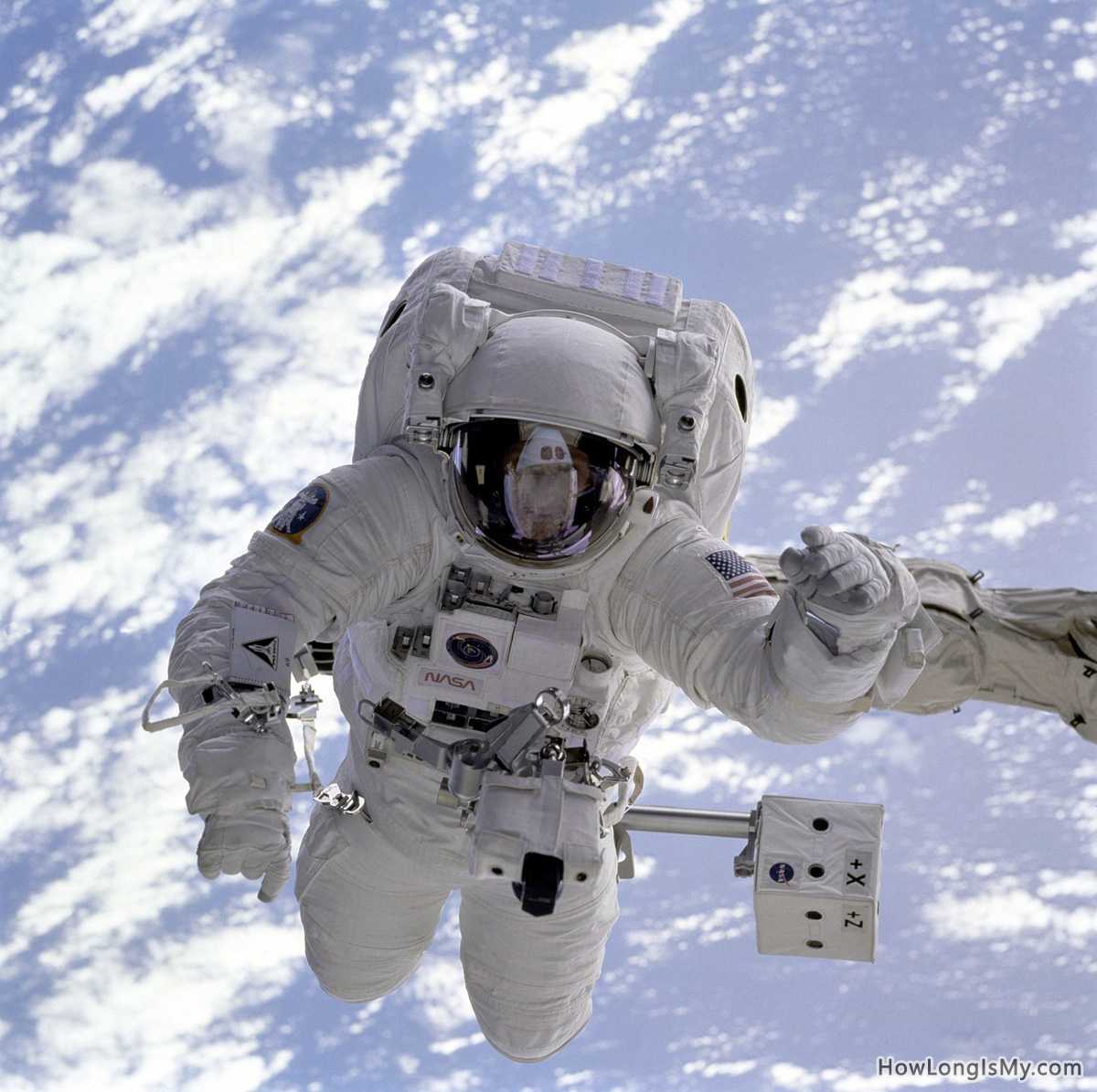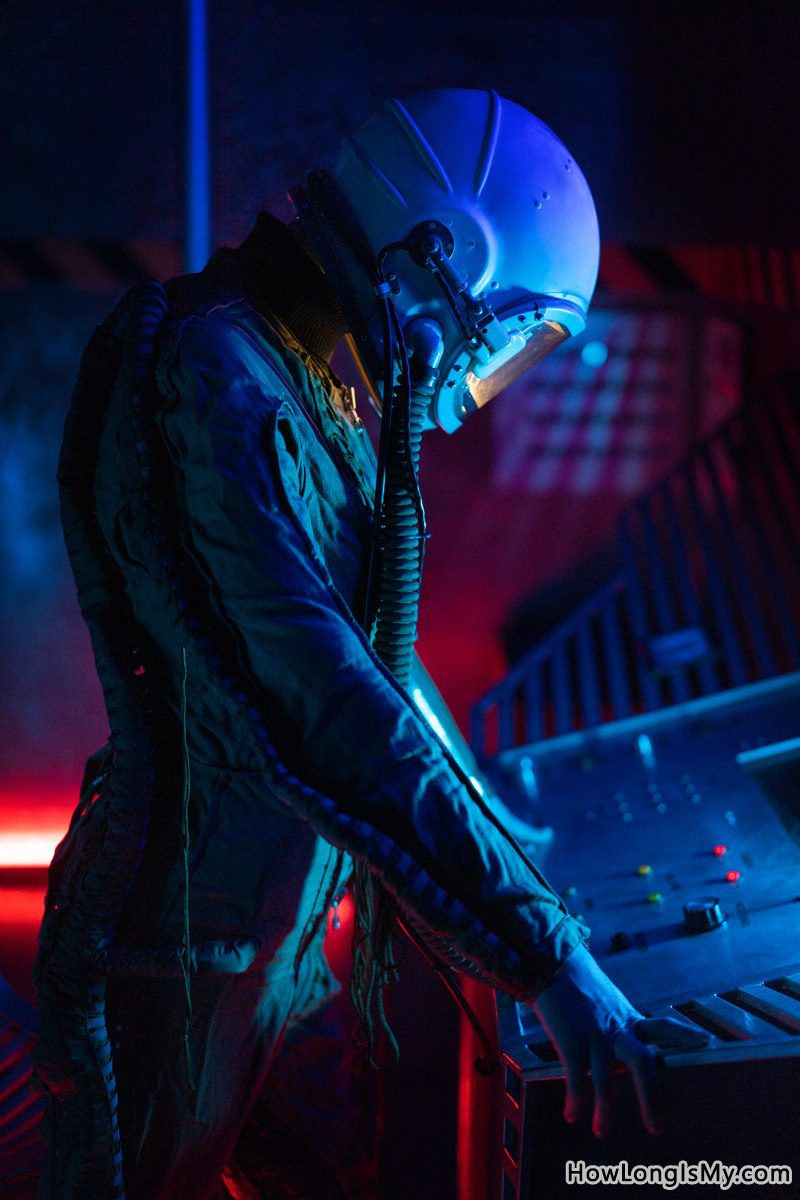Becoming an astronaut is a highly competitive and rigorous process that requires a significant amount of time and dedication. The specific time it takes to become an astronaut can vary depending on various factors and individual circumstances.
Here are some general steps and considerations involved in the path to becoming an astronaut
Education
 Astronaut candidates typically have a background in science, technology, engineering, or mathematics (STEM) fields. Most astronauts hold advanced degrees, such as a master’s or doctorate, in their respective disciplines. This education can take several years to complete, depending on the specific field and program.
Astronaut candidates typically have a background in science, technology, engineering, or mathematics (STEM) fields. Most astronauts hold advanced degrees, such as a master’s or doctorate, in their respective disciplines. This education can take several years to complete, depending on the specific field and program.
Professional Experience
Along with education, gaining professional experience in a relevant field is crucial. Many astronauts have experience as pilots, engineers, scientists, or medical professionals. Building this experience can take several years, depending on the career path and opportunities available.
Physical Fitness
Astronaut candidates need to be in excellent physical condition. They undergo rigorous medical evaluations and physical fitness tests to ensure they can withstand the physical demands of space travel. Preparing and maintaining physical fitness can be a lifelong commitment.
Astronaut Selection
Space agencies, such as NASA, typically open astronaut candidate selection rounds periodically. The selection process involves a series of highly competitive stages, including application submission, interviews, medical evaluations, and extensive testing. The selection process can take several months to over a year.
Astronaut Training
 Once selected, astronauts undergo extensive training that can last around two years or more. Training includes learning about spacecraft systems, operations, spacewalks, survival skills, emergency procedures, and more. It involves both classroom instruction and hands-on simulations.
Once selected, astronauts undergo extensive training that can last around two years or more. Training includes learning about spacecraft systems, operations, spacewalks, survival skills, emergency procedures, and more. It involves both classroom instruction and hands-on simulations.
Mission Assignment
After completing the initial astronaut training, astronauts await their mission assignments. The timing of missions can vary greatly depending on space agency plans, mission availability, and the astronaut’s experience and qualifications. It can take several more years or even longer before an astronaut is assigned to a specific space mission.
Overall, the entire process of becoming an astronaut, from education to mission assignment, can take anywhere from 8 to 15 years or more. It requires a combination of education, professional experience, physical fitness, and successfully navigating the selection and training processes. It’s important to note that the timeline can vary significantly depending on individual circumstances and opportunities within the space industry.
Challenges of being an astronaut
Becoming an astronaut and embarking on space missions present numerous challenges.
Here are some of the key challenges astronauts face:
Extensive Training. Astronauts undergo intensive training programs that encompass a wide range of skills and knowledge. They must become proficient in spacecraft operations, scientific experiments, spacewalks, emergency procedures, and more. The training is physically and mentally demanding, requiring discipline and dedication.
 Physical Demands. Living and working in microgravity for extended periods can take a toll on the human body. Astronauts may experience muscle and bone loss, cardiovascular deconditioning, changes in the immune system, and vision impairments. Countermeasures such as exercise regimes are implemented to mitigate these effects, but they still pose challenges.
Physical Demands. Living and working in microgravity for extended periods can take a toll on the human body. Astronauts may experience muscle and bone loss, cardiovascular deconditioning, changes in the immune system, and vision impairments. Countermeasures such as exercise regimes are implemented to mitigate these effects, but they still pose challenges.
Isolation and Confinement. Astronauts spend extended periods in confined spaces, such as the International Space Station (ISS), with limited personal space and privacy. This isolation from friends and family, as well as Earth’s natural environment, can lead to psychological challenges such as loneliness, mood swings, and psychological stress.
Risk and Danger. Space travel involves inherent risks and dangers. Launches and reentries are critical moments with potential hazards. Astronauts must be prepared to deal with emergencies and be trained in handling contingencies. They are constantly aware of the risks associated with their missions, including exposure to radiation and the potential for accidents or system failures.
 Extended Time Away from Earth. Astronauts on long-duration missions, such as those on the ISS or future missions to other celestial bodies, spend months or even years away from Earth. This separation from the comforts and familiarity of home, including loved ones and nature, can be mentally and emotionally challenging.
Extended Time Away from Earth. Astronauts on long-duration missions, such as those on the ISS or future missions to other celestial bodies, spend months or even years away from Earth. This separation from the comforts and familiarity of home, including loved ones and nature, can be mentally and emotionally challenging.
Communication and Delayed Response. Communication with mission control and loved ones on Earth involves significant time delays. Astronauts must adapt to this delayed response, as it affects real-time decision-making and personal interactions. They rely on effective communication and teamwork skills to manage such challenges.
Workload and Multitasking. Astronauts have busy schedules and must juggle multiple tasks simultaneously. They are involved in scientific research, maintenance and repairs, conducting experiments, and managing the operations of the spacecraft or space station. The workload can be demanding, requiring efficient time management and the ability to adapt to changing priorities.
Reentry and Reintegration. Returning to Earth after a long-duration mission poses challenges as well. The reentry phase involves high G-forces and readjustment to gravity, which can cause physical discomfort and affect balance and coordination. Astronauts also need to reintegrate into society and adapt to the changes that occurred during their absence.
Despite these challenges, astronauts often find the experience to be incredibly rewarding and transformative.
 The opportunity to explore space, conduct scientific research, and contribute to humanity’s understanding of the universe is a unique and awe-inspiring endeavor.
The opportunity to explore space, conduct scientific research, and contribute to humanity’s understanding of the universe is a unique and awe-inspiring endeavor.
